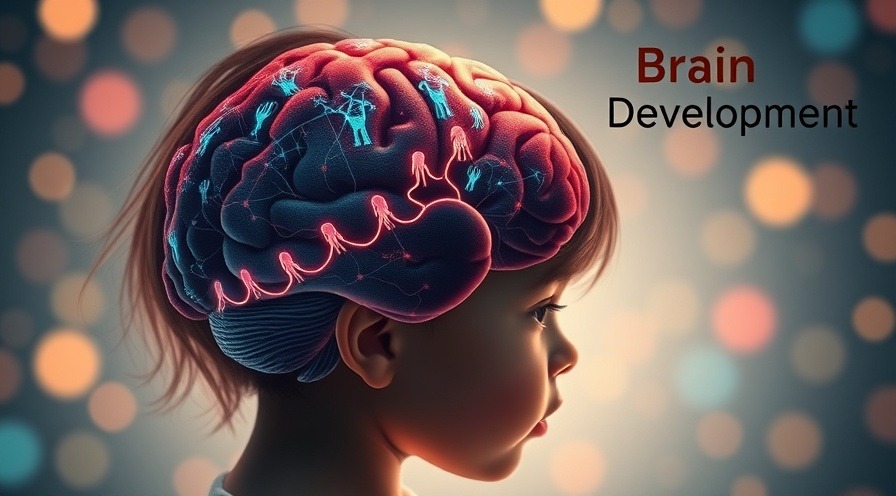
Understanding the Gender Divide: How Stress Affects Males and Females Differently
In a groundbreaking study at UF Health, researchers have uncovered startling differences in how males and females react to stress. This research sheds light on the brain's molecular mechanisms as they adapt to acute challenges, highlighting the unique neurobiological paths that lead to different stress responses in the sexes.
The Role of Allopregnanolone in Stress Response
When faced with a sudden threat or challenge, the brain produces a neurosteroid known as allopregnanolone (AP). This steroid is essential for managing stress, as it helps enhance focus and energy, allowing individuals to respond effectively to danger. The study indicates that increased AP levels are crucial for adapting and regulating reactions during intense stress.
Sex-Specific Mechanisms: 5α-Reductase vs. Stress Responses
The production of AP hinges on an enzyme called 5α-reductase (5αR), present in two forms: 5αR1 and 5αR2. Remarkably, the study found that acute stress elevates 5αR2 levels in the brains of male laboratory rats, while female rats do not exhibit such changes. This significant difference illustrates how biological factors shape stress management across genders. Understanding these mechanisms could lead to treatments that better accommodate the unique ways men and women process stress.
Why Are Women More Prone to Anxiety and Depression?
Professor Marco Bortolato, who led the study, explains that men tend to show outward, aggressive reactions to stress, while women are more likely to internalize their responses. This difference is believed to contribute to the higher rates of anxiety and depression typically observed in females. By addressing the root causes of these gender-specific stress reactions, medical professionals can tailor interventions, offering more effective treatment for conditions that predominantly affect women.
Implications for Personalized Medicine
As our understanding of stress responses deepens, so does the potential for personalized medicine. Researchers are excited about the prospect of designing specific drugs that modify stress responses, leading to more effective treatments for anxiety and depression. With depression being a leading cause of disability worldwide, these advancements are timely and critical.
Combining Science with Practical Stress Relief Techniques
While these insights provide a vital foundation for future treatments, it's equally important for individuals to equip themselves with stress management techniques. Men and women can benefit from simple and effective stress relief practices. Here are some suggestions:
- Mindfulness Strategies: Engaging in effective mindfulness exercises can lower anxiety levels, particularly in high-pressure environments. Regularly practicing mindfulness helps keep stress at bay.
- Deep Breathing Exercises: The best deep breathing exercises for office workers can significantly alleviate stress, with techniques that only require a few minutes to implement during busy workdays.
- Quick Stress Relief Techniques: Busy professionals can find time-efficient meditation techniques to incorporate into their daily routines. A mere five minutes of focused breathing and grounding exercises can regenerate energy levels and improve mood.
- Setting Work-Life Boundaries: Understanding how to balance career stress with mental well-being is critical for long-term health. Setting aside moments for relaxation, whether by stepping outside or practicing swift relaxation methods, is essential.
Conclusion: Why Understanding Stress Differences Matters
Understanding the fundamental differences in how males and females respond to stress not only paves the way for advancements in personalized medicine but also emphasizes the importance of self-care practices. As we learn more about these gender distinctions, we empower ourselves with the knowledge to approach stress management more effectively.
Take charge of your mental health by exploring various stress relief techniques tailored to your unique responses. The interplay of biology and behavior signifies that while our brains may predispose us to different reactions, we hold the power to influence our experiences with stress. Equip yourself with the knowledge and tools for a healthier, more balanced life.
 Add Row
Add Row  Add
Add 




 Add Row
Add Row  Add
Add 

Write A Comment